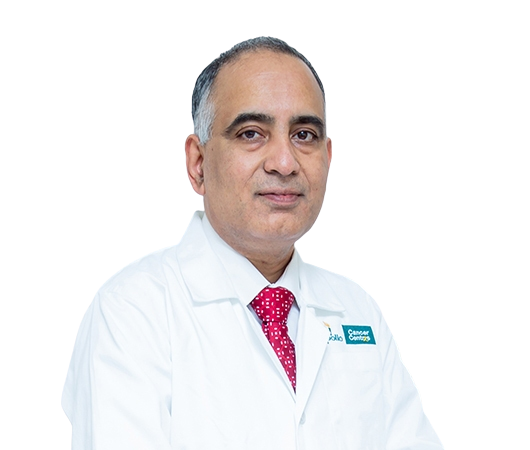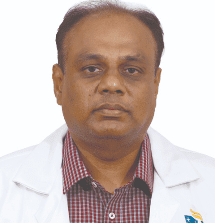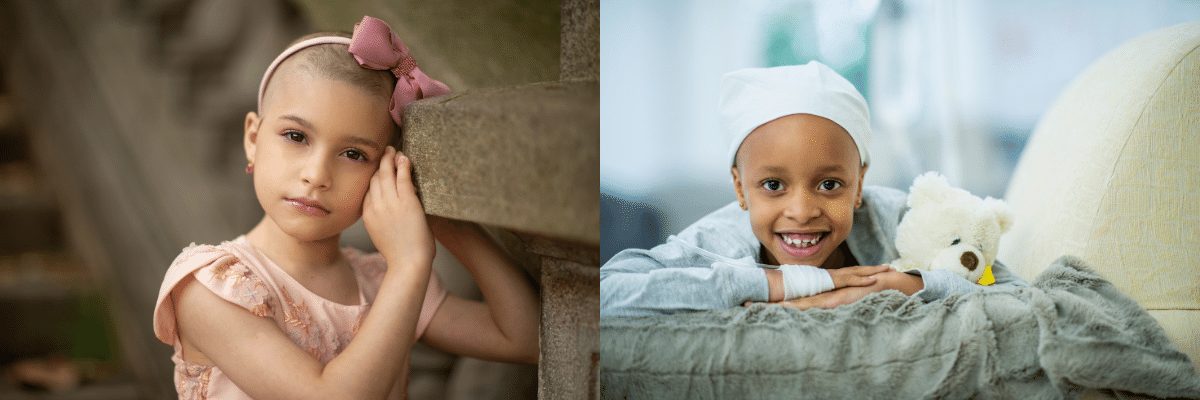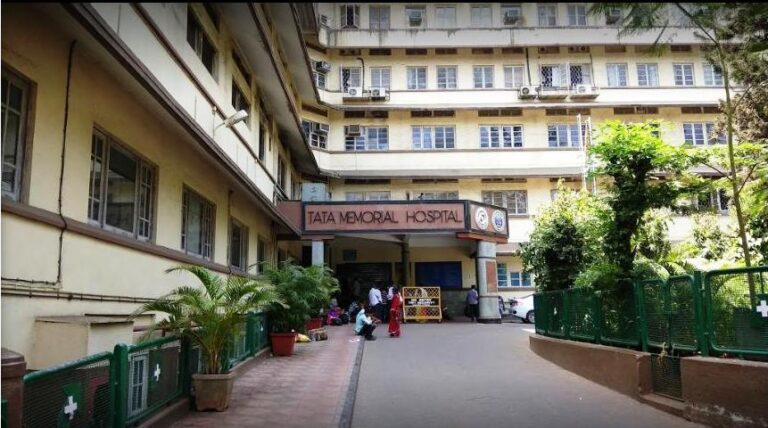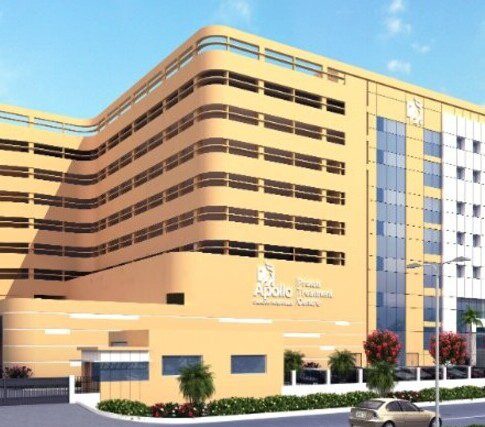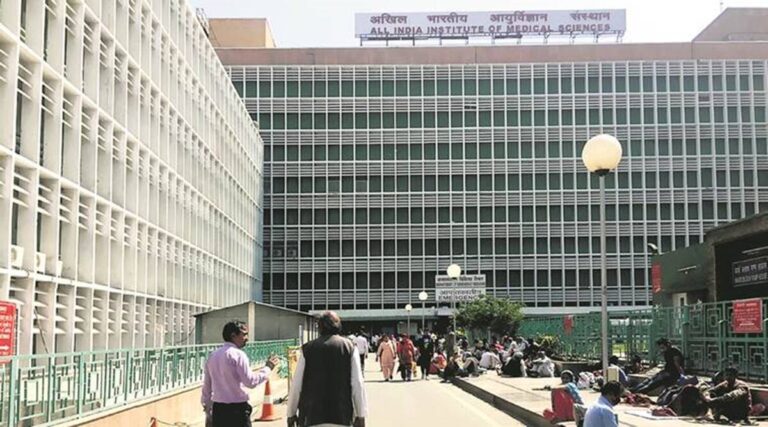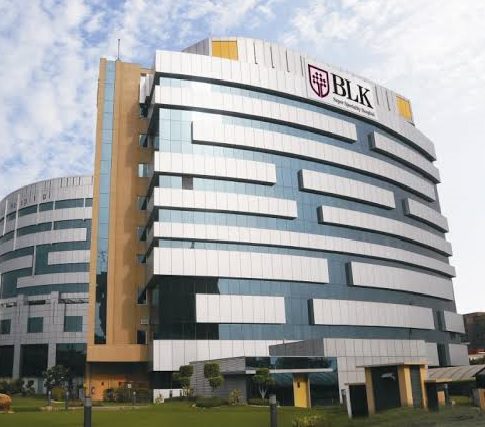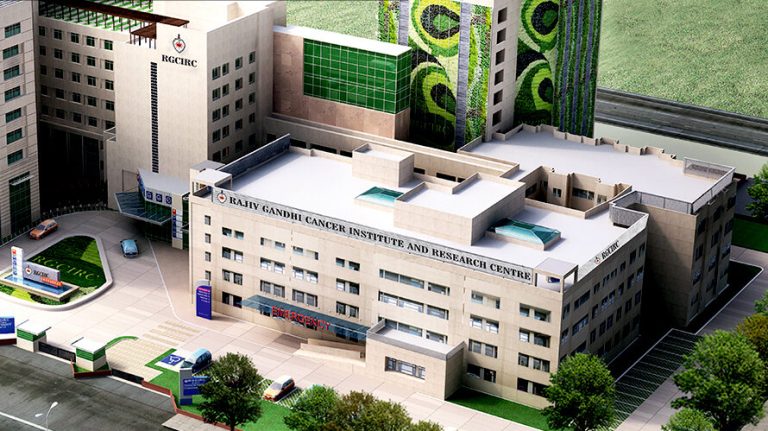Blood-cancer treatment in India is done by expert hematologists. These board certified super specialist blood cancer doctors are trained to handle all kinds and types of recurring and complex blood cancer diseases. Now a days there is much better prognosis of blood cancer because of latest drugs been used for treatment of blood cancer in India.
What is blood cancer ?
When something goes wrong with blood cells and they start growing out of proportion, such condition is called as blood cancer. This makes lot of changes in the way blood cells behave and work in the body resulting into problems and diseases. Due to this condition patients body stops fighting with infection and stops in helping body to repair the damage cells.
There are three types of blood cells :
- White blood cells (Fight infection as part of the immune system).
- Red blood cells (Carry oxygen to tissues and organs and bring back carbon dioxide to lungs).
- Platelets (Helps in blood clotting).
Types of blood cancer
There are 3 types of blood cancer :
- Leukemia
- Lymphoma
- Myeloma
Leukemia : People suffering form leukemia can’t produce enough white blood cells and thus are unable to fight infections. Leukemia is again divided in to 4 types depending upon the kind of white blood cells it affects and whether it grows quickly (acute) or slowly (chronic). These are acute lymphocytic leukemia (ALL), acute myeloid leukemia (AML), chronic lymphocytic leukemia (CLL) & chronic myeloid leukemia (CML).
Lymphoma: This type of cancer is cancer of the lymph system. This includes lymph nodes, spleen and thymus gland. There are two main types of lymphoma Hodgkin’s lymphoma and Non-Hodgkin’s lymphoma.
Myeloma : Cancer of plasma cells in bone marrow is called as myeloma. This type of cancer spread through bone marrow and effects other healthy cells.
How blood cancer starts ?
Hematologic cancer, commonly referred to as blood cancer, develops in the bone marrow, the soft tissue inside our bones that makes blood cells. It happens when the normal function and synthesis of healthy blood cells are interfered with by aberrant cells in the bone marrow.
Leukaemia, lymphoma, and myeloma are the three primary subtypes of blood cancer. In contrast to lymphoma, which develops when abnormal lymphocytes, a kind of white blood cell, multiply uncontrollably in the lymphatic system, leukaemia results from the unchecked proliferation of abnormal white blood cells. The uncontrolled proliferation of plasma cells, a subtype of white blood cell that produces antibodies, is what causes myeloma, on the other hand.
Although the precise causes of blood cancer are not entirely understood, various risk factors, such as exposure to ionising radiation, particular chemicals, and particular viruses, have been noted. Its development could also be influenced by hereditary diseases and genetic variables.
For blood cancer management, early detection and timely treatment are essential. Improved research, diagnosis, and the creation of tailored therapeutics are made possible by an understanding of the fundamental mechanisms that underlie this complex and diverse collection of disorders.
What are the symptoms of blood cancer ?
Given below are the most common symptoms of blood cancer :
- Fever, chills
- Persistent fatigue, weakness
- Loss of appetite, nausea
- Unexplained weight loss
- Night sweats
- Bone/joint pain
- Abdominal discomfort
- Headaches
- Shortness of breath
- Frequent infections
- Itchy skin or skin rash
- Swollen lymph nodes in the neck, underarms or groin
What causes blood cancer ?
In most of the cases we are yet to discover the route cause of blood cancer. Only known fact is that it is caused by faulty DNA. Risk factors are :
- age
- sex
- ethnicity
- family history
- radiation or chemical exposure
How does age affects my risk of blood cancer ?
As we grow older there are more and more chances of faults in the DNA (mutation) leading to uncontrolled growth and resulting in cancer.
Does exposure to radiation causes blood cancer?
In some cases it has been found that radiation does leads to faulty DNA and this resulting in blood cancers.
How blood cancer is diagnosed ?
There are variety of tests which are performed to confirm the diagnosis of blood cancer :
- Blood tests
- MRI scan
- X ray
- Lymph node biopsies
- Bone marrow biopsies
- Liver function test
- Flow cytometry
- CT Scan
- PET Scan
- USG
- Cytogenetic testing
